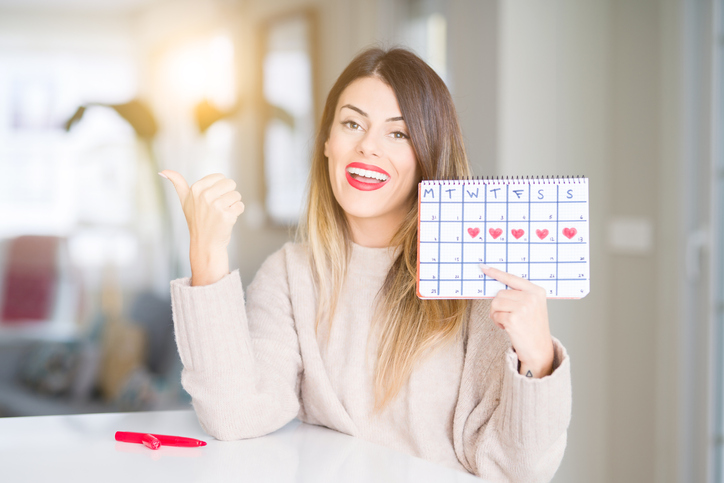Just as periods are inevitable in every girl’s life, so are PMS, also known as Pre Menstrual Syndrome. Read on to know about PMS in details and how to deal with them.
First you need to need to figure out the symptoms, so let’s have a look at them:
Physical signs: Tenderness in breast, bloated tummy, stomach and headache, swollen feet, pimple, constipation, etc.
Emotional signs: Mood swings, anger outburst, depression, anxiety, difficulty in sleeping.
Behavioral signs: Forgetfulness, loss of mental focus, tired.
Now look at the other side of picture – there are lots of ways to manage PMS. Even if you can’t totally fix it, it’s nice to know you have the power to help yourself. These tips might help you:
- Exercise for about 30 minutes a day.
- Drink 2-3 litres of water every day.
- Eat healthy foods like whole grains, fresh fruits, and vegetables.
- Try to get enough calcium from foods (think dairy, green leafy vegetables).
- Avoid excessive salt, caffeine, and alcohol.
- Avoid smoking.
- Get enough sleep.
- Track your moods and symptoms in a journal. Use different techniques to deal with stress.
Try over-the-counter pain relievers like Ibuprofen. Be sure to follow the dosage instructions exactly as per the doctor’s instructions.
Talking with a mental health counsellor can help you to develop new skills to overcome challenges. If you have notes about your symptoms, bring them to the doctor /therapist. Plan ahead about the questions you want to ask. That way you’ll get the best help from your doctor.
Once your period starts, there are certain hygiene measures that every girl should take. Here are a few important ones:
- Take a shower or bath daily
- Use clean underwear and change it every day.
- Choose good quality sanitary pads and it is advisable to change a sanitary pad once every six hours and every two hours for a tampon, to prevent infections.
- Do not use soaps or vaginal hygiene products to wash the genital area. Instead, use warm water. Intimate wash soaps or cleansers can kill the good bacteria making way for infections.
- Make sure that you wash your hands with warm water and soap after changing your pad/tampon.
- Never flush used sanitary pads and tampons down the toilet. Throw them in the dustbin to prevent the spread of infections.
- Wear comfortable, loose clothing, rather than jeans or tight-fitting during periods. This will ensure airflow around the sensitive areas as well as prevent sweating to a large extent.
Happy PMSing

